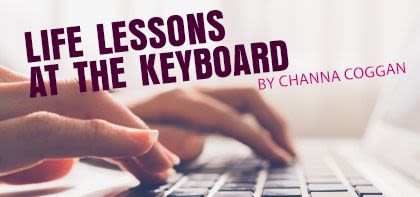
Life Lessons at the Keyboard
One writer learns valuable life lessons, as well as tools to apply to personal prayer and personal growth.

No matter what the circumstances, Hashem is right here with us.
There is a wonderful quote by Rebbe Nachman of Breslev (Likutei Maharan 56:3) put recently to catchy music that illustrates this idea perfectly: “Even in the concealment that is within the concealment, certainly Hashem is also there. I stand behind all the difficulties you are going through.”
Sometimes, these difficulties can knock us flat. Like the time I published a community monthly in Ma’ale Adumim during the ‘90s, only to find myself after seven years of hard work, in tremendous debt and severe burn-out. Where had Hashem’s blessing gone? Why had operating my small business become so difficult?
By asking those questions, I hit upon an incredible truth in the Hebrew language: The Hebrew word for “why?” (lamah?) Lamah can be broken in half to form the words “for what?” (leh mah?). A world of inner truths open up when we ask ourselves “for what?” instead of “why?”
When I asked myself that question, I received an astonishing answer: I would write a book based on the community newspaper experience to give inspiration to other women who run – or were thinking of opening – a small business in Israel. In the process of writing and publishing that book, I learned many lessons and tools that have helped me with my personal connection to Hashem, of which I want to share with you a few.
During the second and third drafts of the book that same question of “for what purpose?” enabled me to refocus a traumatic event that I had undergone as an adolescent as I worked it into one of the characters of the book. More importantly, it helped me understand that there is purpose to everything Hashem brings us. We may not know it when it happens. We may not know it until decades later, if at all. For me, that moment of asking “for what?” meant being given an opportunity by Hashem to inspire readers who had undergone their own childhood traumas to find the courage to trust again.
I also had to use the “patience in writing” tool a lot. In writing, if at first the right word, right sentence or even right paragraph is not readily apparent, I would either color the passage on the digital file or circle it on the hard copy. A solution often presented itself to me, later, when I came back to the passage. With spiritual dilemmas, too, patience is necessary, because “everything comes to those who wait on Hashem.” Or as the Hebrew saying goes: hamtanah, ze matanah – waiting is a gift!
I also learned how to use motor memory. Also known as “muscle memory,” motor memory is the ability of our minds to capture a particular ability or movement. For instance, at the same time every morning when I sit in front of the computer monitor displaying my manuscript-writing program with my fingers poised on the keyboard, my mind and body know writing time has begun. This same tactic holds true for establishing a set time and set place for davening and personal prayer (hitbodedut).
Marking one’s place in mid-sentence is another important writing tool. It is a great way to recapturing a thought upon returning to the keyboard. This approach can be adapted to personal prayer about long-term issues that aren’t solved in a single day. For example, I simply jot down on a note pad where I left off, and continue from that point the following day.
I also learned a lot about Yeshuv Hada’at. According to Rebbe Nachman, who spoke a great deal about the concept, Yeshuv Hada’at means self-composure. It means knowing the truth and acting on the truth at all times, without letting emotions pull you away from acting properly. In my 18-year-long journey to write and publish my book, it meant knowing that the Evil Inclination (yetzer hara) was striding along with me with a million and one delays and complications. I had to really work on my Yeshuv Hada’at in order to stay steadfast, and find solutions without losing my cool.
Now, at long last, the book has been published, and I am more accomplished not only from the results, but from the life lessons Hashem taught me along the journey.


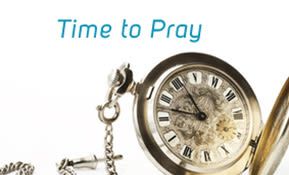
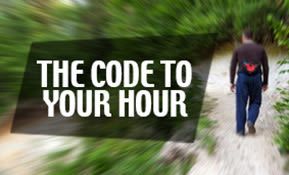
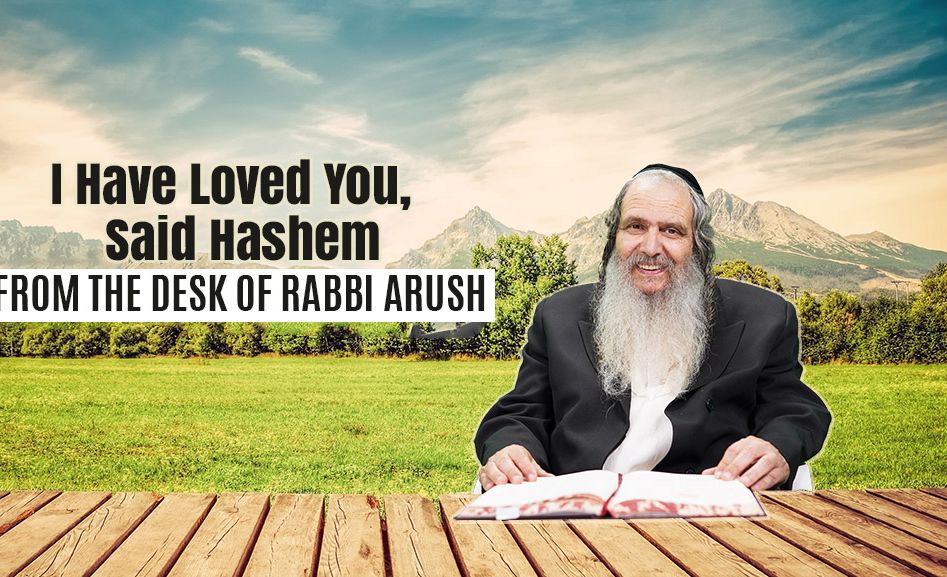
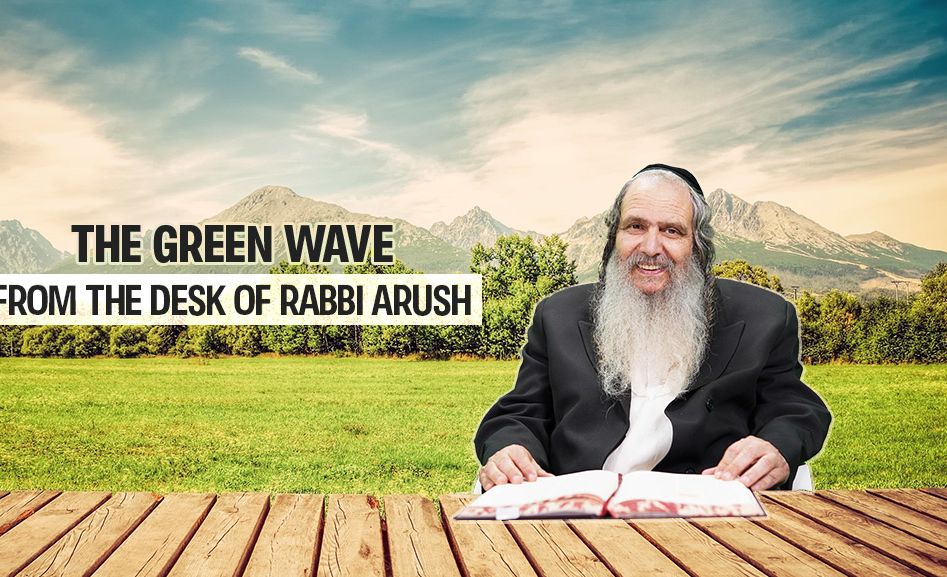


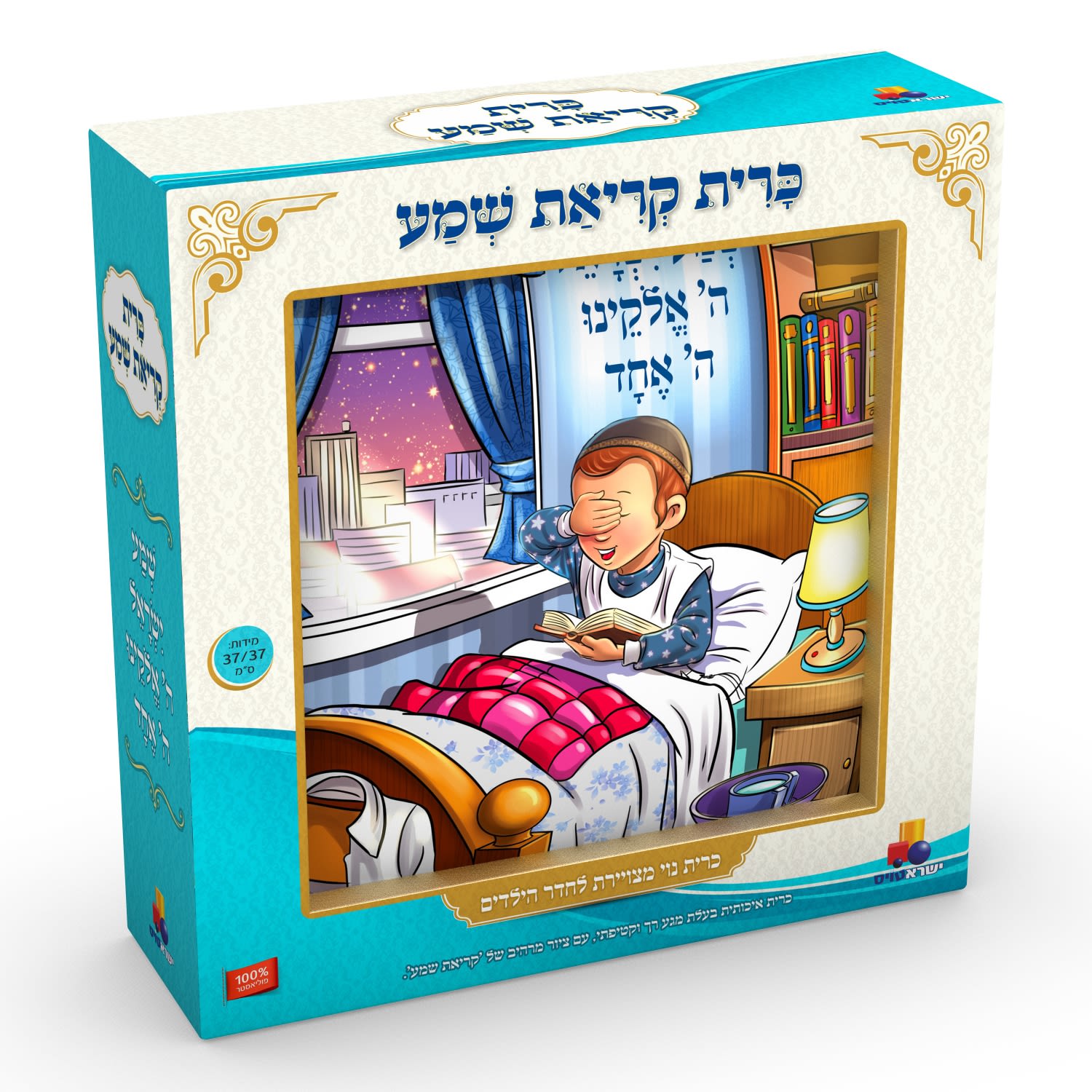

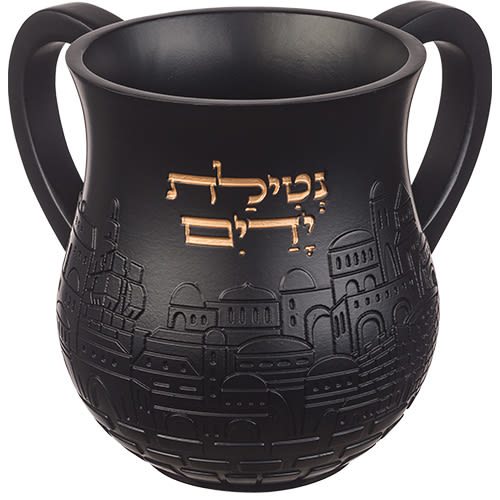
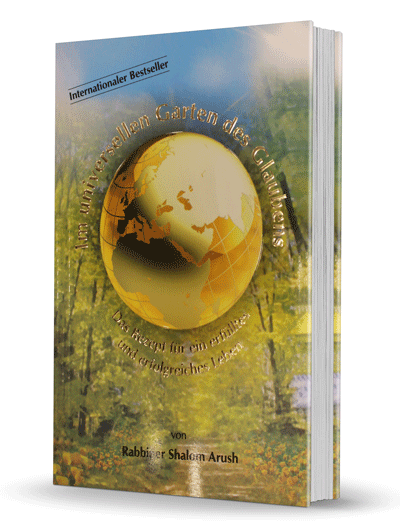
Tell us what you think!
Thank you for your comment!
It will be published after approval by the Editor.